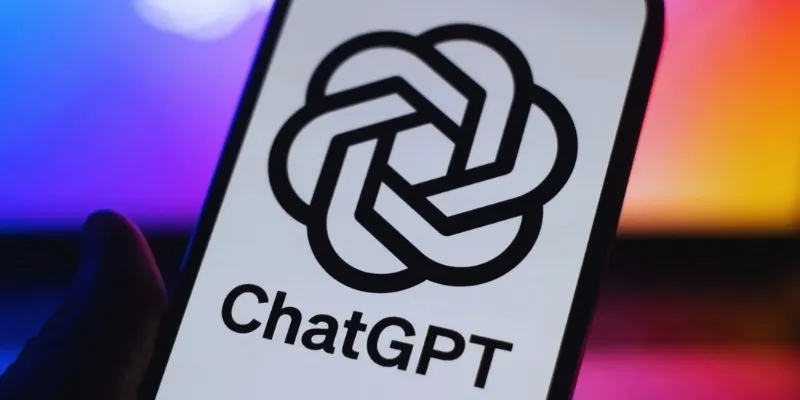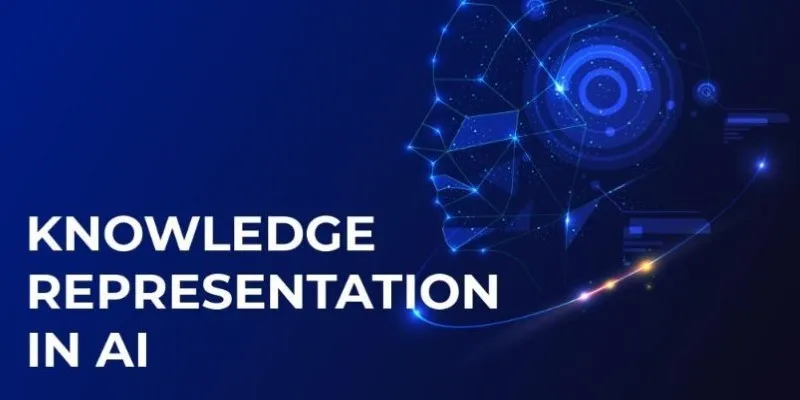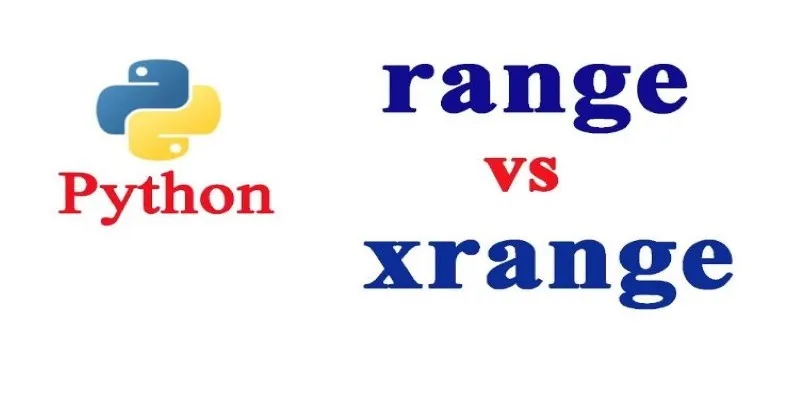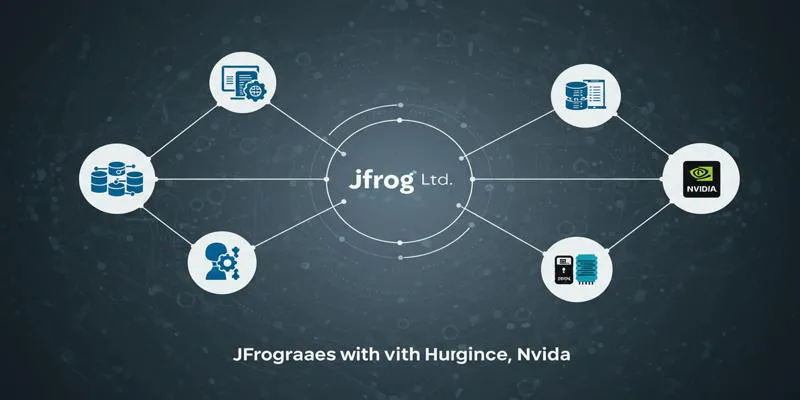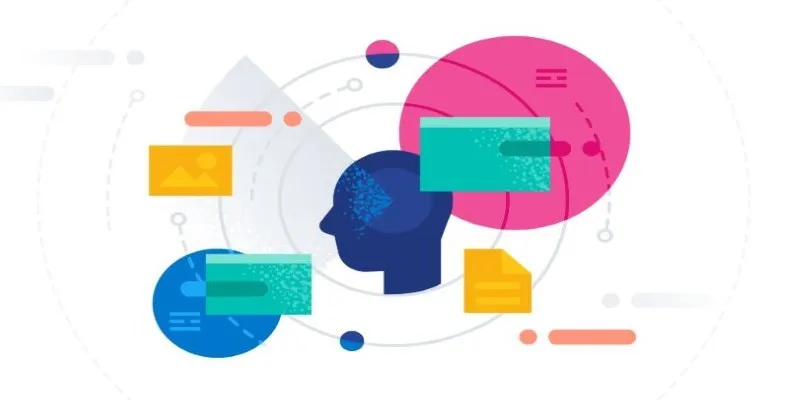The publishing world thrives on fresh ideas, compelling stories, and timely topics. However, finding the next best-seller—whether fiction or nonfiction—can feel daunting. Writers often grapple with questions like: What should I write about? Will my idea connect with readers? How can I stand out in a crowded market? This is where ChatGPT steps in.
While AI can’t replace creativity, it can significantly boost ideation, research, and content development. Whether you’re crafting a novel, writing a nonfiction guide, or offering industry insights, ChatGPT helps streamline the process, offering fresh perspectives and valuable tools to turn your ideas into a book with the potential for success.
Generating Winning Book Ideas
One of the biggest challenges authors face is deciding on a topic or story that will capture readers’ attention. ChatGPT serves as a brainstorming partner, helping to refine broad concepts into focused, engaging book ideas. With the right prompts, it can suggest unique angles, expand on vague thoughts, or generate unexpected twists for fiction writers.
For example, if you want to write a thriller but aren’t sure about the setting, ChatGPT can generate a list of potential backdrops—each with its own set of conflicts and intrigue. Likewise, nonfiction authors can explore gaps in existing literature by asking AI to analyze market trends, uncover emerging discussions, or highlight areas lacking comprehensive coverage. AI-powered insights can assist in honing a book’s direction prior to writing a single word, minimizing the risk of spending time on an idea that does not have an audience.
Structuring and Outlining Your Book
Once a clear book concept is locked in, the next major step is building a solid structure. Without one, even top ideas can falter, resulting in pacing problems, muddled themes, or fractured content. ChatGPT enables writers to avoid these typical problems by providing precise outlines that imbue the book with a reasonable, consistent rhythm from beginning to end.

For fiction writers, ChatGPT can shape character arcs, map out subplots, and suggest ways to build tension effectively. If a story feels too slow or rushed, AI can offer alternative scene arrangements to tighten the pace and keep readers engaged. On the nonfiction side, it’s equally useful—breaking down complex topics into manageable chapters that build naturally on one another.
Outlining also acts as a filter, catching weak points early in the process. If a chapter lacks depth or feels repetitive, ChatGPT can suggest added context, examples, or case studies to reinforce it. This makes the writing phase far more manageable and reduces the need for major overhauls later. A well- structured book sets the foundation for everything else.
Enhancing Writing and Refining Style
With a solid idea and structure in place, the writing phase begins—often the most intimidating part for many authors. ChatGPT can serve as a helpful companion at this stage, offering suggestions to rephrase awkward sentences, flesh out brief descriptions, or make complex content easier to understand. For writers who experience blocks or need a creative nudge, AI can generate sample paragraphs based on prompts, giving them a clear starting point that they can then shape with their style and voice.
Still, it’s important to understand ChatGPT’s role in this process. It’s not meant to replace the author’s voice but to support it. AI-generated content often lacks the emotional depth, tone, or nuance that makes a book resonate with readers. That’s why it works best as a collaborator—offering rough drafts, expanding on ideas, or tightening language while leaving room for the author to bring personality and purpose into the final draft.
Nonfiction authors also greatly benefit from ChatGPT’s ability to simplify dense information. What might start as academic or technical writing can be reworked into clear, accessible language. The AI can also summarize research material or help locate supporting facts, saving valuable time in the process. With the right balance, ChatGPT can make the writing journey smoother and more productive.
Marketing and Positioning Your Book
Writing a great book is only half the battle—getting people to read it is the real test. Marketing and positioning require just as much thought and strategy, especially in a crowded publishing landscape. ChatGPT can help lighten that load by assisting with promotional content tailored to specific audiences. Whether it’s drafting compelling book blurbs, crafting author bios, or developing ad copy, AI can offer multiple versions for authors to tweak and personalize.

An engaging book description is critical to converting interest into sales. ChatGPT can generate a range of blurbs, allowing writers to test different angles and tones. It also helps with metadata—recommending keywords and categories to boost a book’s visibility on platforms like Amazon, where searchability can make or break a title.
For self-published authors managing their promotions, AI is especially useful. It can create outlines for social media campaigns, write newsletter content, or draft press releases. It even suggests blog topics tied to the book’s themes, offering a consistent way to stay connected with readers. ChatGPT can also simulate reader feedback, helping authors anticipate reactions and fine- tune their messaging. In a competitive market, these small advantages add up—making sure your book not only gets written but gets noticed.
Conclusion
The road to publishing a best-seller is never straightforward, but with the right tools, the journey becomes more manageable. ChatGPT offers invaluable assistance at every stage—from ideation and structuring to writing and marketing. While AI can’t replace the human touch that makes storytelling truly compelling, it serves as a powerful ally in refining ideas, streamlining workflows, and enhancing overall writing quality. The key lies in using ChatGPT strategically—leveraging its strengths while ensuring that the final product reflects an author’s unique voice and perspective. In a world where content creation is more competitive than ever, those who use AI wisely can gain a crucial edge in bringing their best-selling ideas to life.
 zfn9
zfn9





